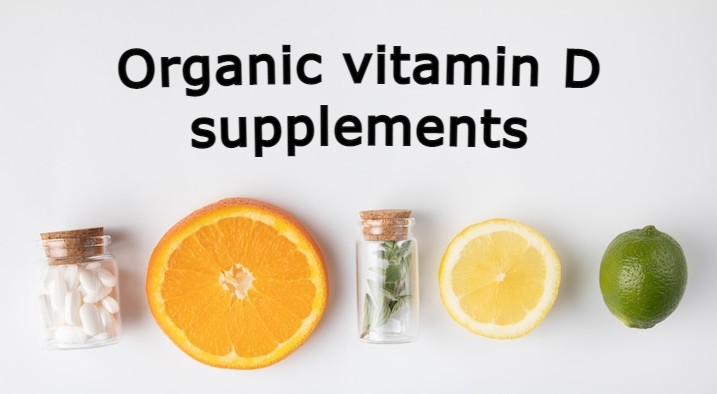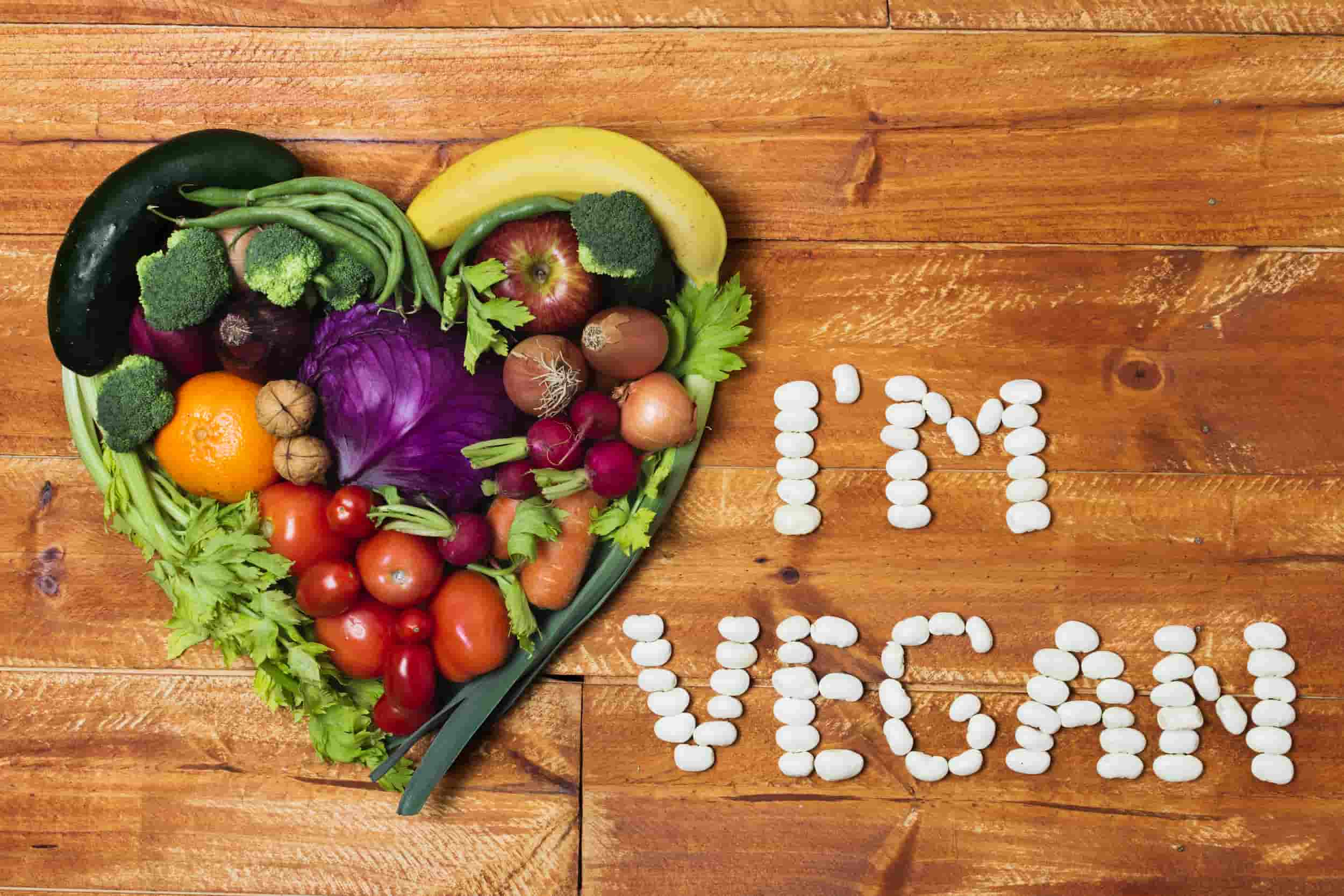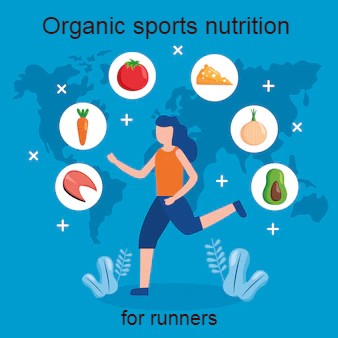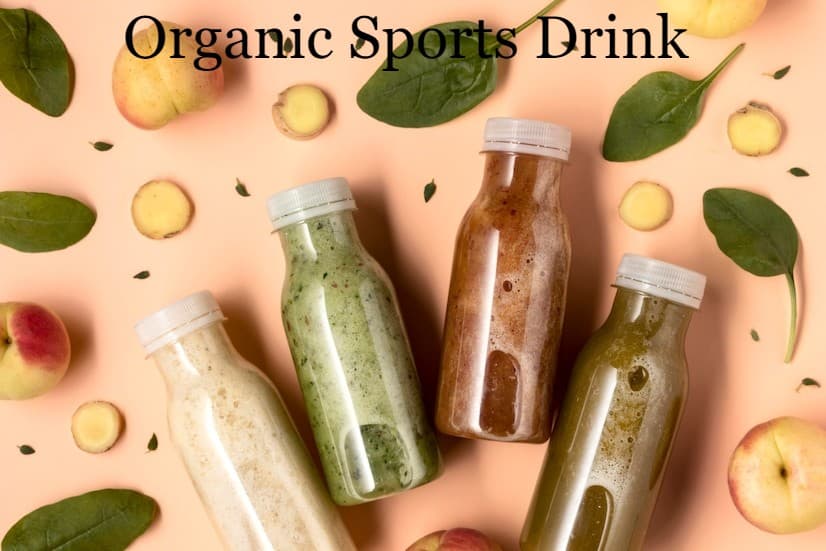Organic Nutrition for Weightlifting
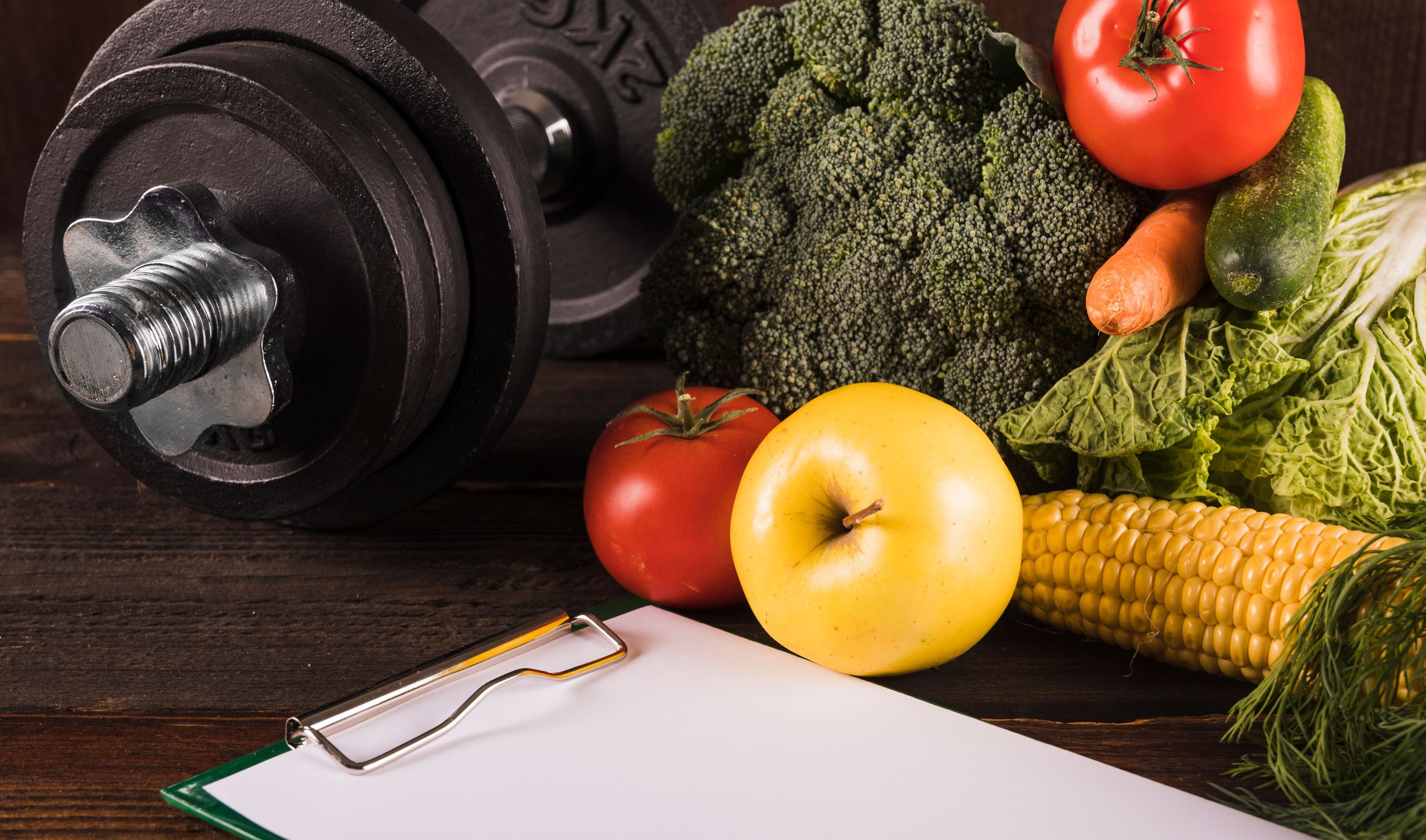
As we strive to build muscle mass through weightlifting, it is essential to understand the importance of proper nutrition in achieving this goal. Organic nutrition is an excellent option for weightlifters, as it provides whole, nutrient-dense foods that are free of synthetic pesticides and genetically modified organisms (GMOs).
Organic sources of protein are crucial for muscle growth and repair. Organic meats, poultry, fish, eggs, beans, nuts, and seeds are all excellent sources of organic protein. These foods provide the essential amino acids needed for muscle recovery and support overall health.
In addition to organic protein sources, organic fruits and vegetables are also essential for weightlifters. Organic produce is rich in vitamins, minerals, and antioxidants that aid in recovery and support overall health. Furthermore, consuming a balanced diet that includes complex carbohydrates and healthy fats can provide the energy needed for intense workouts and support hormone regulation and overall health.
In conclusion, organic nutrition is a fantastic option for weightlifters looking to build muscle mass and maintain overall health. By focusing on consuming whole, nutrient-dense foods that are free of synthetic pesticides and GMOs, individuals can fuel their bodies with the necessary nutrients for optimal performance and recovery. So, read on to learn more about the benefits of organic nutrition for weightlifting and how to incorporate it into your diet.
| Nutrient | Benefits for Weightlifting | Organic Sources |
|---|---|---|
| Protein | Builds and repairs muscle | Grass-fed beef, organic chicken, eggs, lentils, quinoa |
| Carbohydrates | Provides energy for workouts | Sweet potatoes, brown rice, whole grain bread, fruit |
| Healthy Fats | Supports hormone function and joint health | Avocado, nuts, seeds, olive oil, coconut oil |
| Vitamins and Minerals | Supports immune function and overall health | Dark leafy greens, berries, citrus fruits, nuts, seeds |
Benefits of Organic Nutrition for Weightlifting
Higher Nutrient Content
Organic foods are often higher in nutrients than conventionally grown foods. This is because they are grown in soil that is richer in nutrients and free of harmful chemicals that can damage the soil and reduce nutrient content. Eating organic foods can provide weightlifters with a range of essential vitamins, minerals, and antioxidants that support muscle growth, recovery, and overall health.
Fewer Harmful Additives
Conventionally grown foods are often treated with a range of harmful chemicals, including pesticides, herbicides, and fungicides. These chemicals can have negative effects on human health, including an increased risk of cancer, hormone disruption, and neurological damage. Organic foods are free of these harmful additives, making them a healthier choice for weightlifters.
Better for the Environment
Organic farming practices are better for the environment than conventional farming practices. Organic farmers use sustainable methods that protect soil health, reduce water pollution, and minimize greenhouse gas emissions. Choosing organic foods can help support these sustainable farming practices and protect the environment for future generations.
Tips for Incorporating Organic Nutrition into Your Diet
Choose Organic Whole Foods
Focus on incorporating organic whole foods into your diet, such as fruits, vegetables, whole grains, and lean proteins. These foods are rich in essential nutrients and free of harmful additives that can hinder muscle growth and recovery.
Shop at Local Farmers’ Markets
Support local farmers and get access to fresh, organic produce by shopping at farmers’ markets. This can also help reduce your carbon footprint by reducing the distance that food travels to reach your plate.
Read Labels Carefully
When shopping for packaged foods, be sure to read labels carefully. Look for products that are certified organic and free of harmful additives like artificial flavors, colors, and preservatives.
Meal Prep
Meal prepping can help you incorporate more organic whole foods into your diet while also saving time and money. Set aside time each week to plan and prepare healthy meals that are rich in essential nutrients and free of harmful additives.
Consider Organic Supplements
If you’re considering taking supplements, you may be wondering whether organic supplements are a good choice. According to Harvard Medical School, there are some potential benefits to choosing organic supplements, but it’s important to be aware of the potential risks as well.
Organic supplements are often made from natural, plant-based ingredients that have not been treated with pesticides or other chemicals. This can make them a healthier choice for people who are concerned about the potential health effects of exposure to these substances. In addition, organic farming practices are often more environmentally friendly than conventional farming practices, which can be better for the planet.
However, it’s important to note that organic supplements are not necessarily safer or more effective than conventional supplements. Some organic supplements may be less effective than their conventional counterparts, as they may not contain the same levels of active ingredients. Additionally, just because a supplement is labeled “organic” does not necessarily mean that it is completely free of pesticides or other contaminants. While organic farming practices can reduce exposure to these substances, they may still be present in trace amounts in some products.
Before taking any supplements, it’s important to do your research and choose products from reputable manufacturers that have been tested for purity and potency. Harvard Medical School recommends looking for supplements that are certified by independent organizations such as NSF International or US Pharmacopeia. It’s also a good idea to talk to your healthcare provider before starting any new supplement regimen, as they can help you determine whether a particular supplement is right for you based on your individual health needs and medical history.
What diet is best for weight lifting?

If you’re serious about weight lifting, then it’s important to pay attention to what you eat. The right diet can help you build muscle, improve your endurance, and recover faster from workouts. But with so many diets out there, it can be hard to know where to start. That’s why I’ve put together this guide on the best diet for weight lifting.
Why Nutrition Matters for Weight Lifting
Before we dive into the specifics of what to eat, it’s worth taking a moment to understand why nutrition matters for weight lifting. When you lift weights, you’re essentially breaking down muscle tissue, and then rebuilding it stronger. In order to rebuild that muscle tissue, your body needs protein, which is why it’s such an important nutrient for weight lifters. But protein isn’t the only nutrient you need. Carbohydrates provide energy for your workouts, and fats are important for overall health and well-being.
The Macronutrients: Protein, Carbohydrates, and Fats
There are three macronutrients that make up the bulk of your diet: protein, carbohydrates, and fats. Here’s a closer look at each one:
Protein
Protein is the most important nutrient for weight lifters, as it’s what your body uses to build and repair muscle tissue. Aim to get at least 1 gram of protein per pound of body weight per day. Good sources of protein include:
Meat: chicken, beef, pork, etc.
Fish: salmon, tuna, etc.
Eggs
Dairy: milk, cheese, yogurt, etc.
Plant-based sources: beans, lentils, tofu, etc.
Carbohydrates
Carbohydrates are the body’s primary source of energy, and are especially important for weight lifters. Complex carbohydrates like whole grains, fruits, and vegetables provide sustained energy without spiking your blood sugar. Simple carbohydrates like sugar and refined grains should be avoided, as they can cause energy crashes and interfere with your performance.
Fats
Fats are often demonized in the media, but they’re actually an important part of a healthy diet. They provide essential fatty acids that the body can’t produce on its own, and they help with nutrient absorption and hormone production. Aim for healthy fats like those found in nuts, seeds, avocados, and olive oil, and avoid trans fats and excess saturated fats.
Micronutrients: Vitamins and Minerals
In addition to the macronutrients, it’s important to get a variety of vitamins and minerals in your diet. Here are some of the most important ones for weight lifters:
Calcium: important for bone health
Iron: important for oxygen transport in the blood
Magnesium: important for muscle function and energy production
Vitamin D: important for bone health and immune function
B vitamins: important for energy production
Hydration
Staying hydrated is important for weight lifting performance. Dehydration can lead to fatigue, cramps, and even injury. Aim for at least 8 glasses of water per day, and more if you’re sweating heavily during your workouts.
Supplements
While a well-rounded diet should provide most of the nutrients you need for weight lifting, some supplements can be helpful. Here are a few to consider:
Whey protein powder: Provides a convenient source of protein that’s easy to digest.
Creatine: Helps improve muscle strength and endurance.
Beta-alanine: May help improve muscle endurance and delay fatigue.
Caffeine: Can provide a temporary energy boost before workouts.
Which nutrient is best for building muscle?
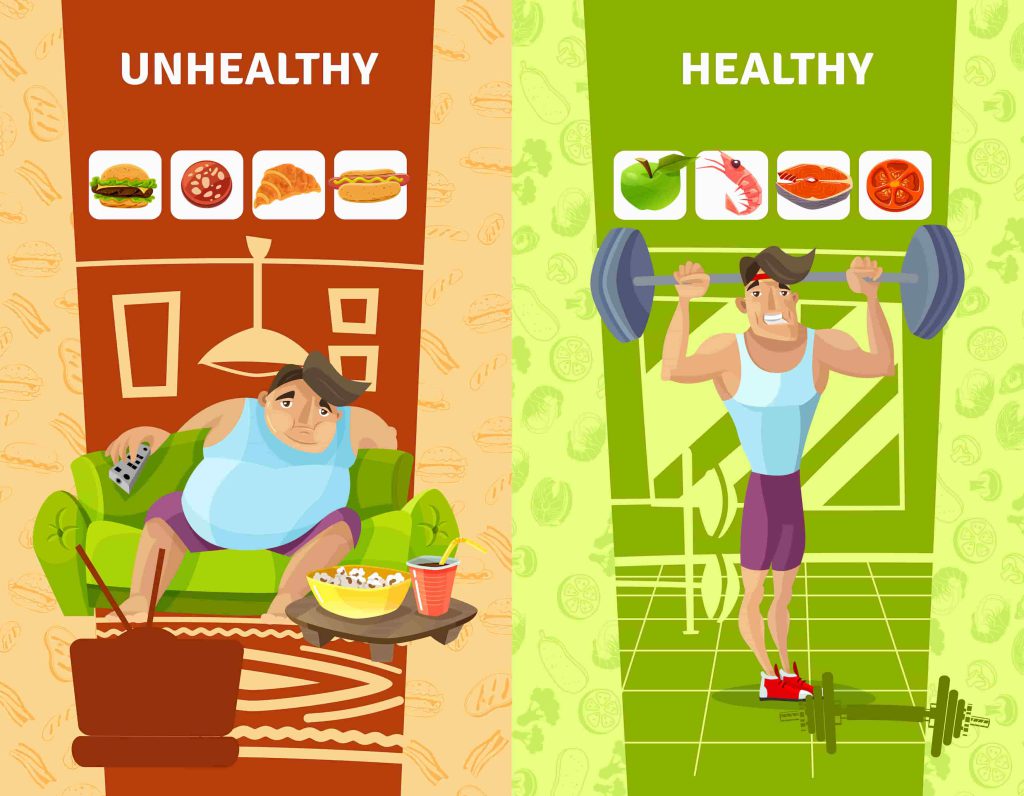
Research suggests that protein is the nutrient most important for building and repairing muscle tissue. Protein contains amino acids, which are the building blocks of muscle, and is essential for muscle growth and recovery. Other nutrients, such as carbohydrates and healthy fats, are also important for supporting muscle growth and providing energy for workouts. It’s important to consume a balanced diet that includes adequate amounts of protein, carbohydrates, and healthy fats to support muscle growth and overall health.
What plant based protein is good for muscle building?
Plant-based protein sources can be just as effective as animal-based sources for muscle building, and they offer a variety of additional health benefits. Some excellent sources of plant-based protein include beans, lentils, chickpeas, quinoa, tofu, tempeh, nuts, and seeds. These protein sources not only provide the necessary amino acids for muscle growth, but they also offer fiber, vitamins, and minerals that are important for overall health. Additionally, many plant-based proteins are lower in saturated fat and cholesterol than animal-based proteins, making them a healthier choice for individuals looking to build muscle and improve their overall health.
What are the best vegetables for building muscle?
While vegetables may not be the primary source of protein for muscle building, they still play an important role in supporting overall health and muscle growth. Vegetables are rich in vitamins, minerals, and antioxidants, which can help reduce inflammation, support immune function, and improve recovery after workouts. Some of the best vegetables for building muscle include leafy greens like spinach and kale, cruciferous vegetables like broccoli and cauliflower, and colorful veggies like bell peppers and sweet potatoes. These vegetables provide a variety of nutrients, including vitamin C, potassium, and beta-carotene, which can help support muscle growth and recovery. Additionally, vegetables are typically low in calories and high in fiber, making them a great addition to any muscle-building diet.
What foods to avoid when lifting?
When lifting, it’s important to avoid foods that can hinder your progress and negatively impact your health. Processed foods, fried foods, and sugary drinks should be avoided, as they can increase inflammation and cause spikes in blood sugar levels. These foods can also be high in calories and low in nutrients, making it difficult to achieve your weightlifting goals. Additionally, it’s important to avoid consuming too much alcohol, as it can interfere with muscle recovery and increase the risk of injury. Instead, focus on consuming whole, nutrient-dense foods that support muscle growth and recovery, such as lean proteins, complex carbohydrates, and healthy fats.
How to eat 150 grams of protein a day?
Eating 150 grams of protein a day can be achieved by following a few simple tips. First, aim to include a source of protein with every meal and snack. This could include foods such as eggs, Greek yogurt, chicken breast, tofu, and beans. It’s also important to choose lean protein sources to minimize excess calories and unhealthy fats.
In addition to focusing on protein-rich foods, it can be helpful to plan meals and snacks in advance to ensure adequate protein intake throughout the day. For example, a breakfast consisting of Greek yogurt with berries and nuts, a turkey and avocado sandwich for lunch, and a salmon and quinoa salad for dinner could easily add up to 150 grams of protein or more.
If it’s difficult to meet protein needs through food alone, protein supplements such as whey or plant-based protein powders can also be used. However, it’s important to remember that whole foods are typically a better source of nutrients and should be prioritized whenever possible.
Finally, be sure to stay hydrated and consume adequate carbohydrates and healthy fats to support muscle growth and overall health. With proper planning and a focus on protein-rich foods, achieving a daily intake of 150 grams of protein can be easily achieved.
What are 3 plants high in protein?
There are several plant-based foods that are high in protein, making them a great option for vegans, vegetarians, or anyone looking to increase their protein intake without relying on animal sources. Three plants that are particularly high in protein include soybeans, lentils, and quinoa.
Soybeans are a complete protein, meaning they contain all nine essential amino acids that the body cannot produce on its own. Soybeans can be consumed in a variety of forms, including tofu, edamame, and soy milk.
Lentils are also a great source of protein and are high in fiber, making them a filling and nutritious addition to any meal. They can be used in soups, stews, and salads or blended into dips like hummus.
Quinoa is another complete protein and is also high in fiber and several vitamins and minerals. It’s a versatile grain that can be used as a base for salads or as a substitute for rice in dishes like stir-fries or grain bowls. By incorporating these plant-based protein sources into your diet, you can easily meet your daily protein needs while also reaping the health benefits of a plant-based diet.
Conclusion
In conclusion, organic nutrition is a key component of a successful weightlifting regimen. By prioritizing organic whole foods, weightlifters can ensure that they are fueling their bodies with high-quality nutrients that support muscle growth, repair, and recovery. Organic foods are free from harmful chemicals and pesticides, and they are often more nutrient-dense than conventionally-grown options. This means that organic foods can provide a wide range of health benefits beyond just building muscle, including improved cardiovascular health, better digestion, and reduced inflammation.
Overall, incorporating organic nutrition into a weightlifting regimen is a smart choice for both physical performance and overall health. By choosing whole, nutrient-dense foods, weightlifters can ensure that their bodies are getting the fuel they need to build and maintain strong muscles, while also supporting sustainable and environmentally-friendly food systems. So, next time you’re at the grocery store or planning a meal, consider reaching for organic options and reap the benefits of this nutritious and sustainable way of eating.
FAQ
Organic milk can be a good source of protein, which is important for muscle building. However, simply drinking organic milk alone is not enough to build muscle. A balanced diet that includes a variety of protein sources, as well as proper exercise and rest, is necessary for muscle growth.
Yes, organic protein can be a good source of nutrients for building muscle. Organic protein can come from sources such as organic meat, poultry, fish, eggs, and plant-based options like organic beans, nuts, and seeds. However, building muscle also requires a consistent and balanced exercise routine that challenges and stimulates the muscles, as well as sufficient rest and recovery time.
Building muscle organically involves a combination of proper nutrition and exercise. This includes consuming a balanced diet that includes protein-rich foods such as organic meat, poultry, fish, eggs, beans, nuts, and seeds. In addition, engaging in strength training exercises that challenge and stimulate the muscles, such as weight lifting, can help build muscle mass over time. It is also important to allow for sufficient rest and recovery time to allow the muscles to repair and grow.
When building muscle, it’s generally best to avoid or limit highly processed and sugary foods, as well as foods that are high in saturated and trans fats. These foods can negatively impact muscle growth and overall health. Additionally, it’s important to limit alcohol consumption, as it can interfere with muscle recovery and protein synthesis. It’s best to focus on consuming whole, nutrient-dense foods that are rich in protein, complex carbohydrates, healthy fats, and vitamins and minerals to support muscle growth and overall health.
Table of contents
- Benefits of Organic Nutrition for Weightlifting
- What diet is best for weight lifting?
- Which nutrient is best for building muscle?
- What plant based protein is good for muscle building?
- What are the best vegetables for building muscle?
- What foods to avoid when lifting?
- How to eat 150 grams of protein a day?
- What are 3 plants high in protein?
- Conclusion
- FAQ
- Read More:
Read More:
Contents
- Benefits of Organic Nutrition for Weightlifting
- What diet is best for weight lifting?
- Which nutrient is best for building muscle?
- What plant based protein is good for muscle building?
- What are the best vegetables for building muscle?
- What foods to avoid when lifting?
- How to eat 150 grams of protein a day?
- What are 3 plants high in protein?
- Conclusion
- FAQ
- Table of contents
- Read More:
